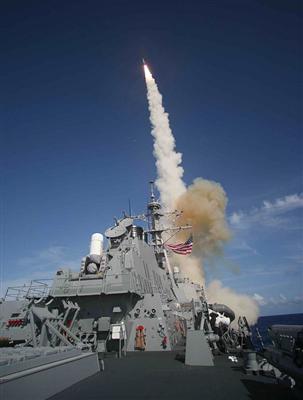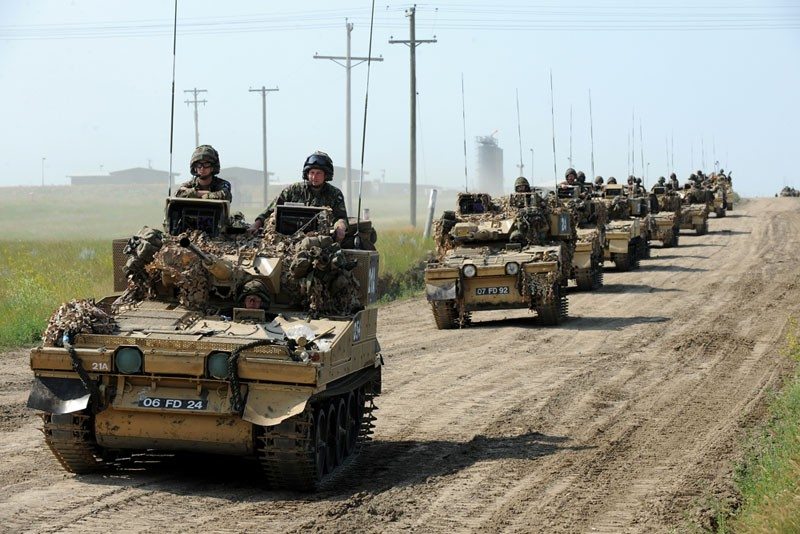Top US officials preparing for international missile defense talks in Russia said Washington remains committed to fully implementing its missile shield for eastern Europe despite Moscow’s opposition.
On the eve of the two-day talks involving 50 countries, one of the officials, Ellen Tauscher, also said she doubted there would be any breakthroughs with Russia amid election year politics in both countries.
But Tauscher, the State Department’s special envoy on missile defense, told reporters in a conference call from Moscow that there was no stalemate either because the two sides were still engaged in talks.
Washington and NATO argue that the shield in eastern Europe and Turkey is meant to protect Western nations against missile attacks from potential future nuclear powers such as Iran.
Moscow fears the shield could undermine its own nuclear capabilities.
The two sides appeared as far apart as ever.
“The United States is and remains committed to implementing the missile defense system in all of its four phases,” Madelyn Creedon, assistant secretary of defense for Global Strategic Affairs, told reporters
“And I think we’ve made that very, very clear. We’ve also made very clear that we will not accept any limitations on either the number or the capabilities of these systems,” Creedon said.
She was referring to the eventual deployment of missile interceptors in former Soviet bloc countries Poland and Romania, in a phase that follows the deployment of missile interceptors on ships to tackle shorter-range missiles.
The United States still hopes to have Russia cooperate on missile defense rather than oppose the US and NATO plans.
Tauscher said such cooperation would be a “game changer” in the US-Russian relationship which already enjoys cooperation on Afghanistan, counter-terrorism and trade.
“Given the long-standing difference between the US and Russia on this issue, it will take time and technical work before we can reach an agreement,” Tauscher said.
“And because 2012 is an election year in both countries, it is clearly not a year in which we are going to achieve a breakthrough,” she said.
She said this is why US President Barack Obama and Russia’s Dmitry Medvedev “agreed that it was best to instruct our technical experts to do the work of better understanding our respective positions.”











